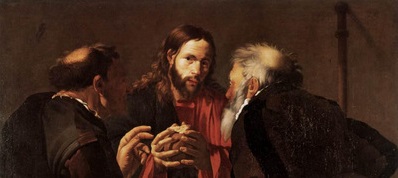What meaning is there in death for living human beings? Dare we think about our own death? What can death teach us about our lives? For the Greek philosopher Epicurus it was not a problem: for as long as we are alive, death is not there, and when death occurs, then we are no more.
Gert-Jan van der Heiden, lecturer in metaphysics at Radboud University, Nijmegen disagrees. Man lives not before death but “after death.” After the death of others, for example. There are also people who have seen their own death.
What does it mean to live “after death”? Gert-Jan van der Heiden deals with these issues tonight by looking at both philosophy and literature.
*My own English translation from the Dutch. I hope to go tonight and will comment later.
Over Filosofisch Café Nijmegen
Iedere eerste dinsdag van de maand kan iedereen in het Filosofisch Café Nijmegen terecht voor een stevig staaltje hersengymnastiek. Tijdens deze avonden filosoferen publiek en gastsprekers op een toegankelijke manier over vragen die in de samenleving spelen. Diepgravende interviews en debatten tussen spraakmakende filosofen worden afgewisseld met prikkelende columns, Augustinus’ boekentafel en live muziek.











